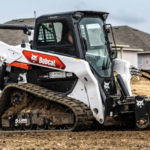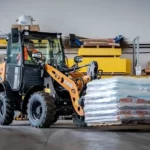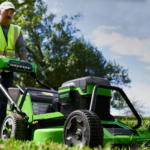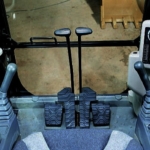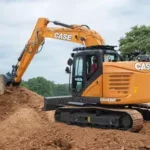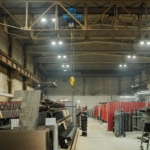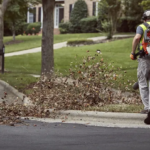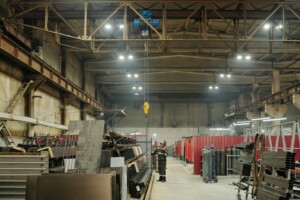
Getty-Images-unsplash
Glacier FarmMedia – Some agricultural equipment dealers’ information management systems were up and running late last week after being out of commission for a week.
Brian Osterndorff, chair of the board of the Canadian Equipment Dealers Association and president and chief executive officer of Robert’s Farm Equipment, a seven-store group in Ontario, said June 26 that they had just been informed that they could use the system again.
Tech firm CDK’s software was taken offline late last month after a cyberattack by the BlackSuit ransomware group.
CDK is being asked to pay tens of millions of dollars by the hackers. Reuters reported last week that the company expected dealers to be offline until at least June 30, but some dealers had functionality returned June 26.
CDK provides business management software to dealers of all makes of farm equipment, so major dealers such as John Deere and CNH were working without digital systems across the country.
CDK is also the leading provider of management software to automobile dealers, and thousands of those dealerships were offline.
CDK says it has 15,000 North American dealers on its system.
Wawanesa, Man., farmer Jeff Elder said he was able to get what he needed on a recent parts run to the Rocky Mountain Equipment dealership in Brandon, but staff were relying on memory to find parts or looking them up on their phones.
“They had resorted to writing down orders on paper,” said Elder via text.
“He couldn’t invoice me and said I would receive an invoice by email whenever they could get that done.”
Rocky Mountain Equipment declined to comment.
“Everything is being done manually,” said John Schmeiser, president of the North American Equipment Dealers Association (NAEDA) Canada.
“You can just imagine the amount of time that our dealerships are spending on manual processes.”
Parts are tracked and managed through digital inventory systems.
“We have to actually know where the part is, in a bin, to go out and find it and fulfil that customer’s order without using our computer system to tell us where it is or how many that we have on order.”
Invoicing also has to be manual, said Schmeiser.
Osterndorff said that looking up parts, connecting parts to work orders and completing sales couldn’t be accomplished using their digital system, and staff had to do the work manually.
Farmers are spraying and preparing combines for harvest so dealers continued to work as best they could.
“We can’t shut down the business, we have to take care of the customer,” Schmeiser said.
“Dealers are really managing through this as best as they possibly can.”
Osterndorff said they had a team of people coming to dig out from the week’s paperwork and get that information into the digital system.
He said they’ve learned that dealerships can continue to function, “but I think it’s just increased awareness right now of the vulnerability that we all are all have, and the effect that it has in our business.”
Schmeiser said the situation will be a wake-up call for the industry and place even more emphasis on cybersecurity.
“I think as an industry as a whole, this whole situation is going to be looked at, at every sector, from the manufacturer point of view and the equipment dealer,” he said.
“We’re asking our customers or farm customers to be a little bit patient with our dealers as we work through this problem. This is an issue that is not only frustrating for our equipment dealers, but can be frustrating for our customers as well.”


